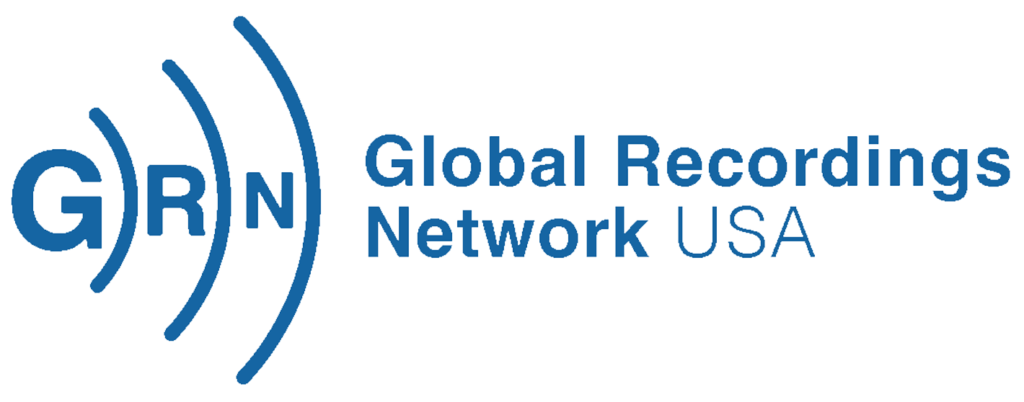Post 103 / The Next Language
August 16, 2022
Epicenter of Languages
Indonesians love their languages. And there are lots of them. According to Wikipedia Indonesia is second in the world only to adjacent Papua New Guinea for sheer quantity of indigenous languages. Our archives show 728 languages with the story of Jesus available. These are waiting for anyone with a cell phone or wifi access to listen through the free app 5fish.
This sounds good until you dig into to data that confirms another 785 languages that are confirmed unrecorded. On top of that add another 579 languages that are documented but have yet to be confirmed. ( Our experience in Mexico and Nigeria taught us that most of those “unconfirmed” languages did exist and that those that proved extinct were usually offset by discovering new languages that were not in anyone’s database.)
When I say Indonesians love their languages I mean all of them. Indonesian is easily the most spoken language and the language of trade and education for close to 250,000,000 people but is not the first language to most inhabitants. Most Indonesians speak a local language at home. A recent survey showed that less than 20% of Indonesian families actually speak Indonesian in the home. To an American that is unbelievable. Google tells me that 75% of Americans are monolingual.
A popular Indonesian joke. Someone that speaks three languages is trilingual. A person that speaks two languages is bilingual. A person that speaks one language is American!
Since coming to Indonesia I have asked a lot of people if they know a single person that only speaks one language and so far no one has been able to identify a single acquaintance that is monolingual. The family where we are staying are educated Indonesians but their first language at home is Javanese.
The implications for translation ease in this pluralistic environment are many. Bridging from one language to another is a daily exercise. One might question whether translation is even necessary when most of the people speak a common national language. Indeed, some mission endeavors in the past in other similar situations have assumed that communication through the broader common language was more efficient and sufficient for communicating the Good News. Generations later they learned that the important Good News had never been able to shake the perspective of being an imported alien.
The existence and persistence of all these indigenous languages actually suggests a need that the gateway language is not going to satisfy. The deepest and most intimate communication needs and the sense of social identity and cohesion are not served by an outside language. The ability to buy bananas with a second language does not answer the communication load to carry the pathos or feelings involved in human relationships or feelings.
Did you ever wonder why the King James New Testament reverts to the Aramaic in a few places? We are told that Jesus primarily used Aramaic in His teaching though we know He quoted the Greek Septuagint and probably handled Hebrew with the scholars.
Why then when the documentation was translated from Aramaic to Greek did these direct quotes of Jesus persist in Aramaic? I can’t find a commentary that speaks to that but my suspicion is that in the intense pressure of talking to a dead corpse in the presence of a grieving family, and talking intimately (Daddy) to his own Father pleading escape, and finally again to the Father with His dying breath on the cross the mother tongue carried meaning that was not to be found or to be felt appropriate in Greek.
“And he took the damsel by the hand, and said unto her, Talitha cumi; which is, being interpreted, Damsel, I say unto thee, arise.” [Mar 5:41 KJV]
“And he said, Abba, Father, all things are possible unto thee; take away this cup from me: nevertheless not what I will, but what thou wilt.” [Mar 14:36 KJV]
“And at the ninth hour Jesus cried with a loud voice, saying, Eloi, Eloi, lama sabachthani? which is, being interpreted, My God, my God, why hast thou forsaken me?” [Mar 15:34 KJV]
Thus, with no apologies, we will take the most important news in all the world and in all of history into the intricate language varieties that are today’s equivalent to the obscure Galilean dialect that Jesus and the apostles spoke.
God Bless,
Larry DeVilbiss | Executive Director
Global Recordings Network USA
If you are interested in learning how to share links on social media that will promote use of our recordings and the Gospel in general, please contact RolandHeck@GlobalRecordings.Net
